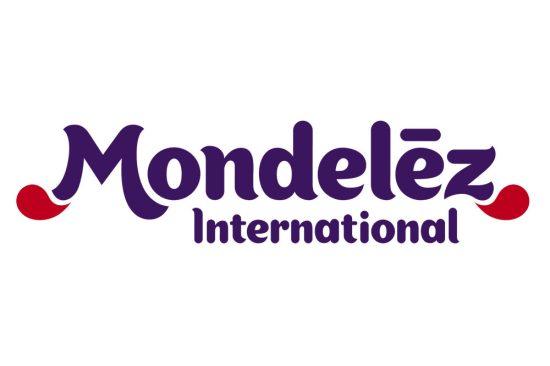Report Highlighting Expanded Role of Snacking in Consumer Eating Habits
- Snacking preferred over traditional mealtime for fourth consecutive year
- Snacks remain regularly included in consumers’ budgets, despite rising prices
- Consumers are being more mindful and present when enjoying snacks
- Consumers are willing to pay a premium for sustainable snacks
United Arab Emirates – February 9, 2023 – Mondelēz International today announced the launch of the fourth annual State of Snacking™ report, a global consumer trends study examining annual insights on how consumers make snacking decisions. This year’s report explores how current economic challenges are affecting consumer snacking choices around the world – with a majority of respondents continuing to prioritize snacking, despite rising costs and economic challenges.
Developed in partnership with The Harris Poll, the report tracks snacking attitudes and behaviors among thousands of consumers surveyed across 12 countries for a fourth consecutive year. These findings illustrate the expanded role of snacking– as snacking increasingly replaces traditional meals in consumers’ lives. Key findings include that consumers around the world are snacking:
- Daily – Snacking is a staple – 71 percent of consumers snack at least twice a day.
- Mindfully – 78 percent of consumers report they take time to savor indulgent snacks with 61 percent saying they take time to portion out snacks before eating them.
- Frequently – Consumers are increasingly replacing meals with snacks, with 55 percent reporting a higher likelihood to eat a snack across all three standard mealtimes.
- Sustainably – Reducing waste is a top priority, with seven in 10 consumers saying they prioritize snacks that have less packaging and 72 percent saying they typically recycle it.
“Our State of Snacking report confirms that in these trying times, consumers around the world view their favorite snacks as affordable and necessary indulgences,” said Dirk Van de Put, Chairman and CEO of Mondelēz International. “Snacking continues to be a way for consumers to connect or to enjoy a moment of delight in their day, further demonstrating our belief that every snack can be enjoyed in a mindful way.”
The survey demonstrates that consumers are looking for snacks to meet different needs in their lives. The vast majority said they regularly snack to reward themselves (78 percent) and for a sense of comfort (77 percent), including an overwhelming majority of millennials (85 percent for both reasons). The current environment also emphasizes the importance of brand recognition, with 67 percent saying they would buy fewer of their favorite snack brands rather than generic alternatives, regardless of cost.
The survey complements Mondelēz International’s diverse, proprietary snacking insights knowledge– including macro trends from multiple sources informing the future of snacking and validating the company’s focus on delivering the right snack, for the right moment, made the right way.
Additional findings from the 2022 State of Snacking report, available for download at www.mondelezinternational.com/stateofsnacking, include:
Mindful snacking
- Consumers are making an effort to be mindful and present while snacking, with 78 percent reporting they take time to savor indulgent snacks.
- Many are also tuning into portion sizes, saying they take time to portion out snacks before eating them (61 percent) and check nutrition labels on snacks before buying them (68 percent).
- Meanwhile, less than half (46 percent) say they feel guilty when enjoying an indulgent snack or treat.
- A way to connect
- Snacking offers an important opportunity to connect with others, with seven in 10 confirming, “sharing snacks with others is my love language.”
- This trend of regularly sitting down to enjoy snacks with loved ones is especially strong among households in India and Mexico.
- Appetite for sustainability
- Consumers are very focused on how their snacking choices impact the environment – and they recognize that both companies and consumers play key roles in sustainable snacking.
- 63 percent of consumers agree that snacks with a higher environmental impact should cost more, especially millennials (70 percent) and Gen Z (69 percent).
- 64 percent are willing to pay more for snacks that are better for the environment, and 65 percent would pay more for snacks with ethically sourced ingredients.
































